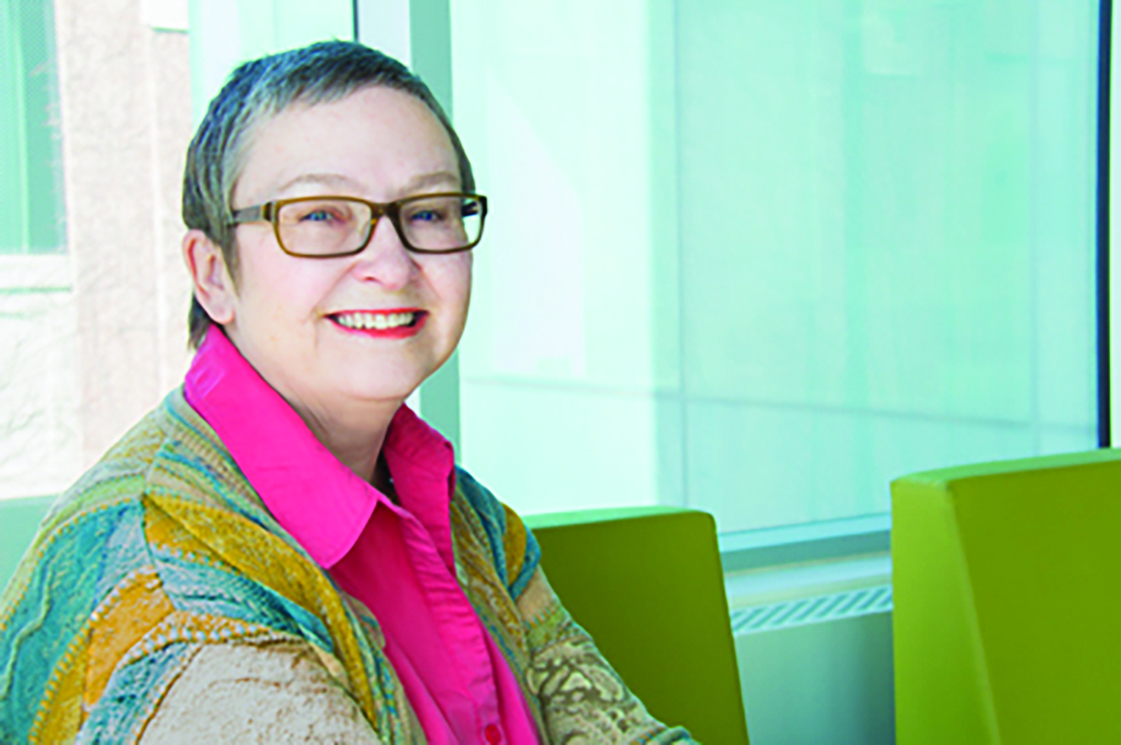Abdeali Saherwala | Staff Writer
Featured image: Peake’s study aims to contribute to UN goal of eradicating poverty. | Courtesy of YFile
The Social Science Humanities Research Council (SSHRC) has awarded York Women’s Studies Professor Linda Peake with an SSHRC Partnership grant for her study of the evolving relationships between poverty and inequality through a gendered lens in areas of rapid urbanization.
“The grant is worth $2.5 million and I also received other money from York totaling over $400,000. Plus, money from other partner organizations involved in the research. The total amount adds up to $3.5 million.
“The partnership grant is the largest grant that you can receive from SSHRC,” she says.
“We want to look at urbanization in the global south,” she says.
“We are working in seven cities: Cochabamba in Bolivia, Georgetown in Guyana, Ibadan in Nigeria, Cairo in Egypt, Ramallah in Palestine, Shanghai in China, and Mumbai in India.”
Her research examines how poverty and inequality in rapidly-changing cities impact low-income women, and how these women engage in their specific neighborhoods as placemakers.
“We are looking at how women engage in placemaking in contributing towards urbanization and making of urban places in specific neighborhoods in these cities—specifically, low-income women.”
An SSHRC Partnership grant provides funding for six years of research, which is split between several international partners. This research will be backed by various partner organizations, scholars from a variety of educational backgrounds, and international agencies.
With this being the largest SSHRC grant one can receive, it is competitive, nationwide, and requires an applicant to pass through two application stages.
“It’s a two year process of applying,” Peake shares. “If you get through the first stage, you are invited to submit a more in-depth application. If you get through the second stage, then it will take about another year before a decision is made.”
The research further examines how policy makers engage with urbanization, and whether current policies are inclusive to low-income women.
“Specifically, with policy makers, we are interested in looking at the United Nation’s Sustainable Development Goals (SDGs), particularly SDG 5 on women and SDG 11 on cities,” she says.
“For the first time ever, there is a goal in relation to the urban.”
The SDGs were formulated by the United Nations in 2015 to end poverty, protect the planet, and promote world peace.
Peake looks forward to expanding her research with additional international partners.
“I was very excited, because this project took seven years to start planning. We have a global network of scholars, and it takes time to build up that network,” she says in first having heard the news of her award.
“Everyone is genuinely very, very interested in doing their research and the public education activities.”
Peake’s team will continue hosting public education activities, all of which engage in positive social change and improving the lives of urban women living in poverty.




